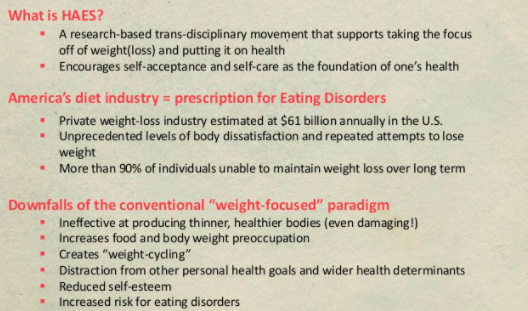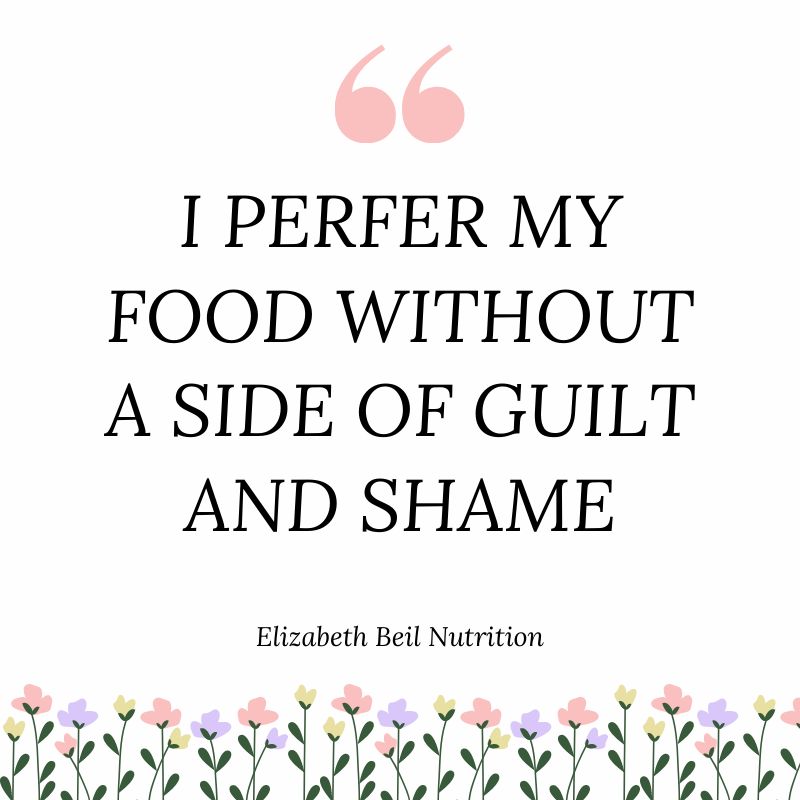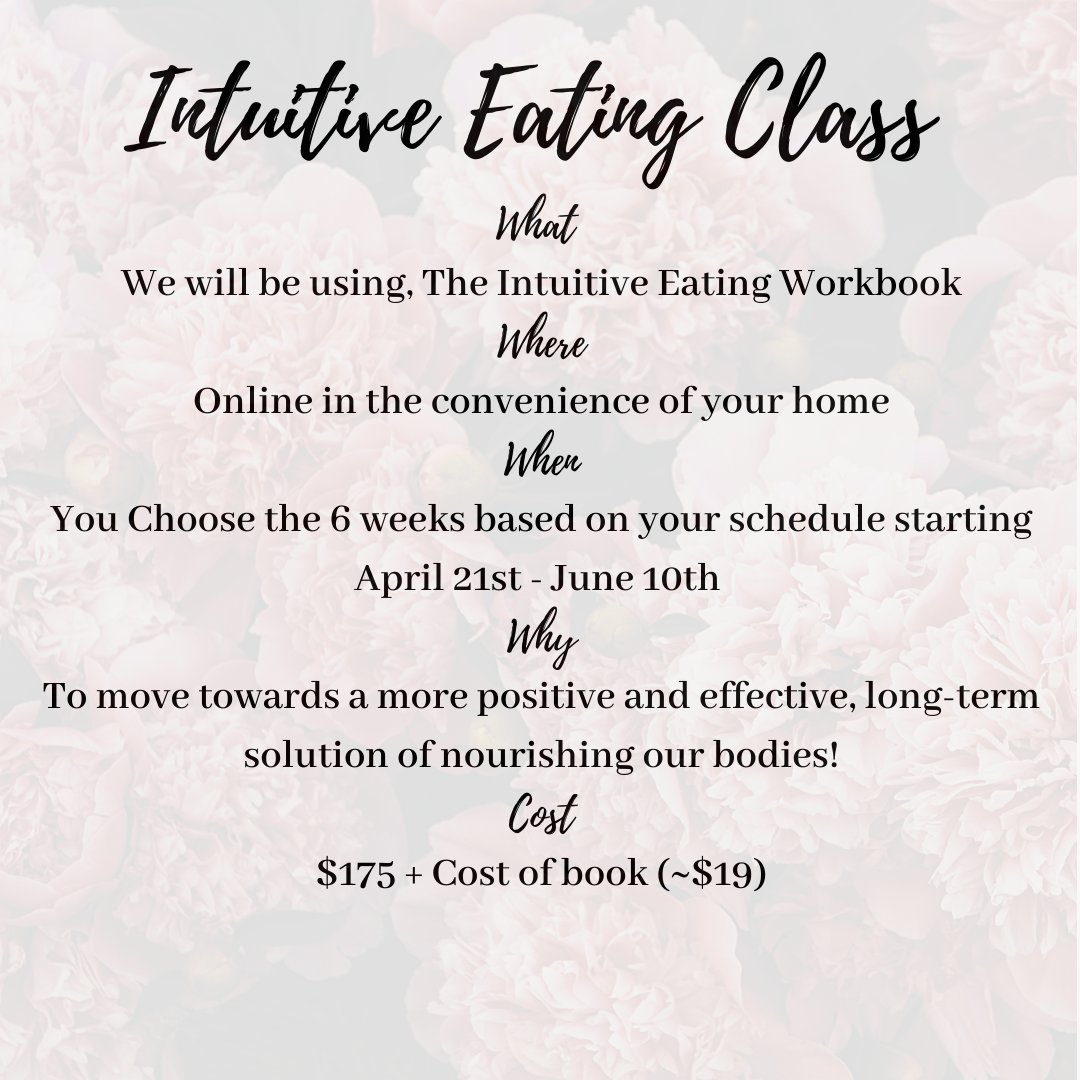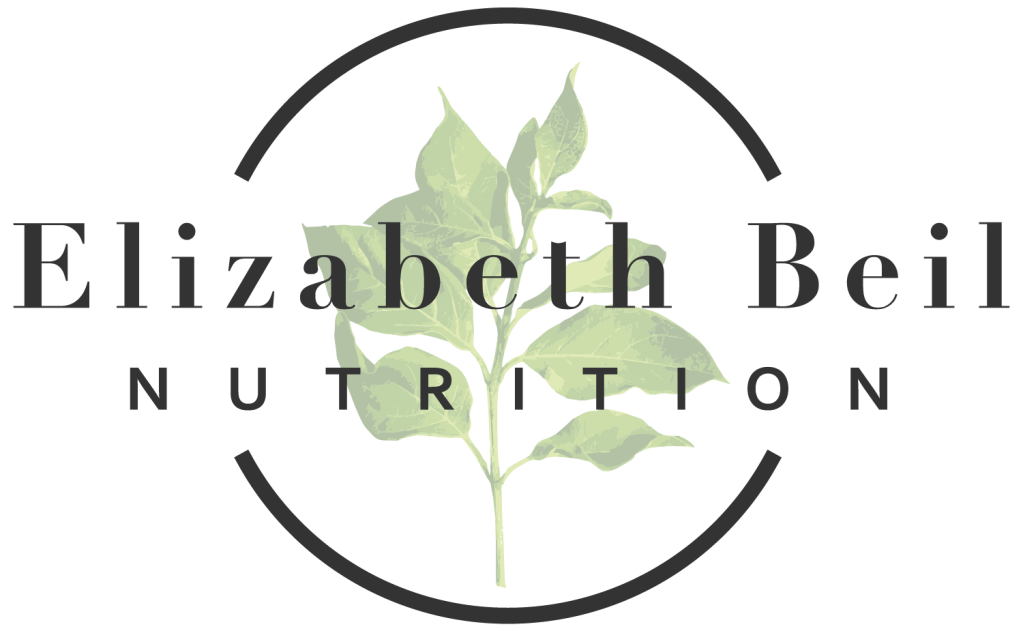For those who are going through an eating disorder and decide to go through recovery, they require very specific and personalized help with an interdisciplinary team. The team will consist of a medical doctor, therapist, and dietitian. Along with the interdisciplinary team, it should also be noted that family and friends are crucial for positive support.

So, what is the role of a dietitian in eating disorder recovery? Within my own private practice, I am seeing clients at a lower level of care. These individuals are possibly struggling with a lower level of care relapse, they are struggling with tipping from disordered eating to an eating disorder, or they are lower level of care eating disorder to possibly a bit higher level of care- and they are working currently with a doctor and/or therapist.
I always- no matter the case- always encourage working with a therapist. I also find it necessary to chat with the therapist to ensure we are on the same page with treatment. This is important as those with eating disorders can have traits of manipulative behavior and if the message is different coming from the dietitian and the therapist, this could be a major step-back in the treatment of the individual.

Okay, this time I promise I will type what the role of the dietitian is! So it really depends on the client and what type of eating disorder the client has been diagnosed with.
Generally, I am creating a meal plan (no calorie counting or tracking), I have a few different techniques based on intuitive eating or something I call a nutrient tracker. At the end of the sessions I don’t want to create an environment that the client feels they need to continue to count or measure and I want to provide them with tools that they can manage their food choices through intuitive based techniques.
Along with the “meal plan,” I will conduct a nutrition assessment asking about: labs, menses (if applicable), food recalls, exercise / movement regimen, eating disorder history, and specific questions pertaining to the clients eating habits/rules.
I will also obtain and understand the emotions the client is feeling which will allow for me to then work though certain foods, set challenges and help the client see the food in a more positive light. During the sessions I am constantly encouraging (or explaining!) HAES and being mindful and respective of the mental illness which is an eating disorder.

Now the role of the dietitian in a higher level of care is very different compared to that of a lower level of care dietitian. I will not be discussing this, but please check out this site for more information.










